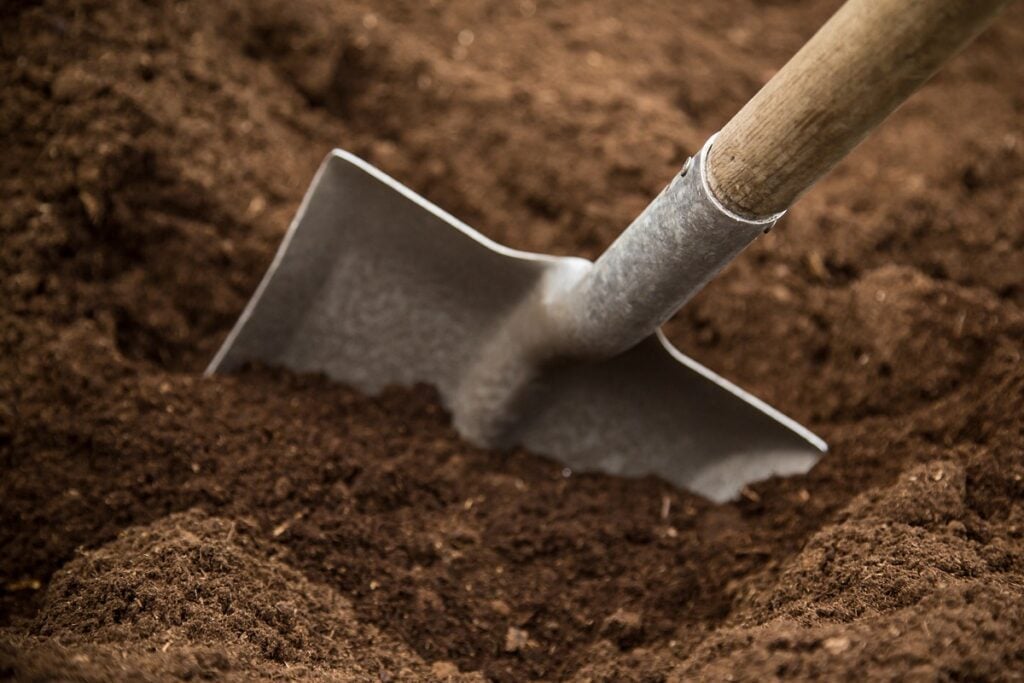Exhumation—the process of removing a body from its place of burial—is sometimes necessary for legal, personal, or cultural reasons. In Canada, this sensitive process is highly regulated, requiring strict compliance with provincial and territorial laws. This guide explains the key considerations, costs, and processes involved, along with answers to common questions.
Reasons for Exhumation
Exhumation may be requested for various reasons, such as:
- Family Relocation: Moving remains to a new cemetery closer to family or a preferred location.
- Legal Investigations: Required for criminal cases, disputes over cause of death, or evidence collection.
- Cemetery Maintenance: Occurs when a cemetery is closing, being relocated, or undergoing renovation.
- Religious or Cultural Practices: Reburial to adhere to specific traditions, such as relocation to a homeland or a family plot.
- Scientific or Historical Research: Archaeological studies or identification of remains for historical purposes.
Legal Requirements
Exhumation in Canada is governed by the laws of each province and territory. Common requirements include:
- Written Consent: Approval from the next of kin or legal representatives of the deceased.
- Provincial/Territorial Permits: Exhumation requires official authorization, such as a disinterment permit.
- Cemetery Operator Approval: Permission from the cemetery where the remains are interred.
- Court Orders: In cases of legal disputes or investigations, a court order may be necessary.
- Public Health Compliance: Regulations must be followed to ensure public safety and environmental protection.
Provincial Regulations
Each province and territory has specific rules governing exhumation. Below is an overview of the requirements:
| Province/Territory | Governing Authority | Key Requirements | Additional Information |
|---|---|---|---|
| Ontario | Bereavement Authority of Ontario | Disinterment Permit required; consent from next of kin; cemetery operator approval | Bereavement Authority of Ontario |
| British Columbia | Consumer Protection BC | Approval under the Cremation, Interment and Funeral Services Act; compliance with health regulations | Cremation, Interment and Funeral Services Act |
| Quebec | Ministère de la Santé et des Services sociaux (MSSS) | Authorization required; adherence to prescribed norms and conditions | Inhumation et exhumation – MSSS |
| Alberta | Alberta Vital Statistics | Permit required; compliance with provincial regulations | Cemetery and Funeral Services Act – Alberta |
| Nova Scotia | Department of Justice | Authorization required; adherence to Cemetery and Funeral Services Regulations | Cemetery and Funeral Services Regulations |
| Manitoba | Historic Resources Branch | Policy for reporting, exhumation, and reburial of found human remains; Minister’s approval needed | Policy Concerning the Reporting, Exhumation, and Reburial of Found Human Remains |
| Newfoundland and Labrador | Department of Health and Community Services | License required for removal of dead bodies; adherence to Exhumation Act | Exhumation Act |
| Saskatchewan | Ministry of Health | Authorization required; compliance with The Cemeteries Act and Public Health Act | The Cemeteries Act |
| New Brunswick | Department of Health | Permit required; adherence to Public Health Act and associated regulations | Public Health Act |
| Prince Edward Island | Department of Health and Wellness | Authorization required; compliance with Public Health Act and Cemetery Regulations | Public Health Act |
| Yukon | Department of Health and Social Services | Permit required; adherence to Public Health and Safety Act and Cemetery Regulations | Public Health and Safety Act |
| Northwest Territories | Department of Health and Social Services | Authorization required; compliance with Public Health Act and Cemetery Regulations | Public Health Act |
| Nunavut | Department of Health | Permit required; adherence to Public Health Act and Cemetery Regulations | Public Health Act |
Cost of Exhumation
Exhumation costs vary widely, depending on factors like location, the condition of the remains, and reburial plans. Typical costs include:
- Permit Fees: $100–$1,000.
- Cemetery Fees: $1,000–$3,000 for grave opening and handling of remains.
- Labor Costs: $500–$3,000 for excavation and removal.
- Transportation: $500–$2,000 for moving remains.
- Reburial or Cremation: $1,000–$5,000 for new burial plots; $1,500–$3,000 for cremation.
- Legal Fees: $1,000–$5,000 in cases requiring court orders or legal mediation.
The total cost can range from $3,000 to $10,000 or more, depending on the complexity of the case.
Exhumation Process
The exhumation process typically involves these steps:
- Application and Permits: Obtain required approvals from authorities.
- Notification: Inform the cemetery and involved parties.
- Preparation: Plan logistics with funeral professionals.
- Exhumation: Carefully remove remains following public health guidelines.
- Transportation and Reinterment: Move remains to the new location for reburial or cremation.
Emotional and Ethical Considerations
Exhumation can be emotionally difficult. Families are encouraged to:
- Communicate Clearly: Discuss the reasons and implications with family members.
- Seek Support: Consider counseling or support groups during the process.
- Respect Traditions: Follow cultural, religious, or personal preferences.
Frequently Asked Questions About Exhaumation in Canada
Exhumation is a complex and sensitive process that often raises many questions. Below are answers to the most commonly asked questions, providing clarity on the legal, logistical, and emotional aspects of exhumation in Canada.
Yes, but it requires permits, consent, and adherence to provincial or territorial laws.
There is no strict time limit, but remains degrade over time, complicating the process.
Yes, with the proper permits, DNA testing is a valid reason for exhumation.
Disputes may require resolution through a court order.
Yes, authorities and professionals strive to honor religious and cultural practices.
Costs typically range from $3,000 to $10,000, depending on services required.
Yes, but permits from both jurisdictions are necessary, and additional customs requirements may apply for international transport.
Disinterment permits, cemetery approval, and possibly court orders are required.
Yes, when performed by professionals under regulated conditions, it does not pose environmental risks.
They can be reburied, cremated, or transported to another location based on family preferences.

